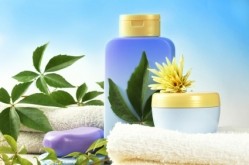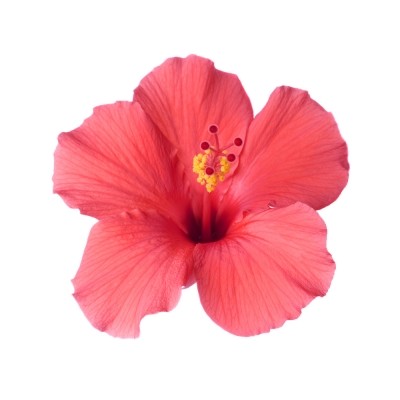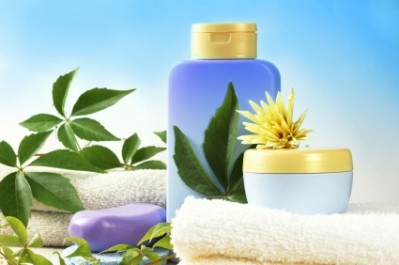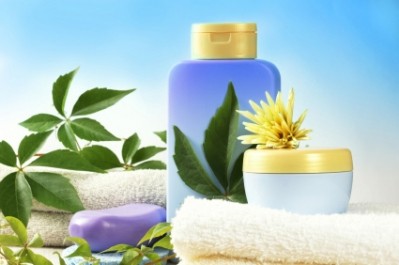China leads the way for growth in global market for natural personal care

The latest data from the market researchers Natural Personal Care: Global Market Brief, shows the global market for natural personal care is currently valued at $28.5bn at the manufacturers’ level in 2013.
Although Brazil is mentioned as being another fast growing and important market, it is China that is leading the way, and it seems that everyone wants to carve out a slice of this pie.
International and domestic players fight it out in China
"Within the flourishing Chinese market, while both domestic and foreign brands are enjoying growth, domestic ones still claim an estimated 80%+ share of the market. Notably, of these local players, those offering mostly TCM (traditional Chinese medicine) products account for approximately less than two-thirds of the Chinese natural personal care market,” Zachary Ferrara, Project Lead for Kline in China, said.
These local players consist of older traditional brands that have been launched on the market in recent years, but they are coming under increasing pressure from international brand, and are having to compete with them over brand perception.
“However, international natural brands are becoming more accepted by Chinese consumers as they are considered to be of a higher quality," Ferrara states.
Of the international brands that have entered the natural market in China, Kline singles out Jurlique and Kiehl’s, which both hit the market in 2009, together with Estee Lauder brand Origins, which entered the market in 2010.
Only six companies have a 3%+ share of the market
These players are also carving out an increasing slice of the global market, but the report singles out only six companies that have a more than 3% share of the market, including Chando and Inoher in China, Saishunkan in Japan, together with Bare Escentual and Aveeno in the U.S. and Yves Rocher and Oriflame in Europe.
But the report also suggests that the global market could be hotting up in the future, as many companies are seeking to reformulate their existing product lines to remove synthetic ingredients.
This is being driven by a combination of consumer demand, and the fact that improved technologies and a growing group of natural alternatives to the preservative problem, which is making reformulation less challenging.
“Although growth numbers have settled, many factors, including a focus on new natural ingredients, the opening of new channels of distribution, and consumer movement demanding greater transparency in labeling, are stimulating the industry,” said Carrie Mellage, vice president of Kline’s Consumer Products practice.
“ Moreover, marketers are offering products specifically designed for specific demographic groups like men and babies, thereby opening up greater opportunities."





![[Getty Images]](/var/wrbm_gb_food_pharma/storage/images/_aliases/wrbm_tiny/publications/cosmetics/cosmeticsdesign-asia.com/china/china-focus-latest-developments-in-china-s-booming-beauty-market22/17370102-1-eng-GB/China-focus-Latest-developments-in-China-s-booming-beauty-market.jpg)
![YSL's LoveShine launch has sparked a demand surge in Japan. [YSL]](/var/wrbm_gb_food_pharma/storage/images/_aliases/wrbm_tiny/publications/cosmetics/cosmeticsdesign-asia.com/article/2024/04/24/ysl-loveshine-launch-propels-lip-gloss-sales-to-record-highs-in-japan-since-2020/17372064-1-eng-GB/YSL-LoveShine-launch-propels-lip-gloss-sales-to-record-highs-in-Japan-since-2020.jpg)
![There is significant scope for innovation and new launches in the hair repair sector, especially in soaring markets such as China. [Getty Images]](/var/wrbm_gb_food_pharma/storage/images/_aliases/wrbm_tiny/publications/cosmetics/cosmeticsdesign-asia.com/article/2024/04/24/croda-zeroes-in-on-hair-repair-solutions-as-damage-hair-concerns-surge-in-markets-like-china/17362731-1-eng-GB/Croda-zeroes-in-on-hair-repair-solutions-as-damage-hair-concerns-surge-in-markets-like-China.jpg)



![Lubrizol has extended its partnership with C-beauty major PROYA. [PROYA]](/var/wrbm_gb_food_pharma/storage/images/_aliases/wrbm_tiny/publications/cosmetics/cosmeticsdesign-asia.com/headlines/brand-innovation/lubrizol-bullish-on-potential-of-c-beauty-growth-potential/17362515-1-eng-GB/Lubrizol-bullish-on-potential-of-C-beauty-growth-potential.jpg)
